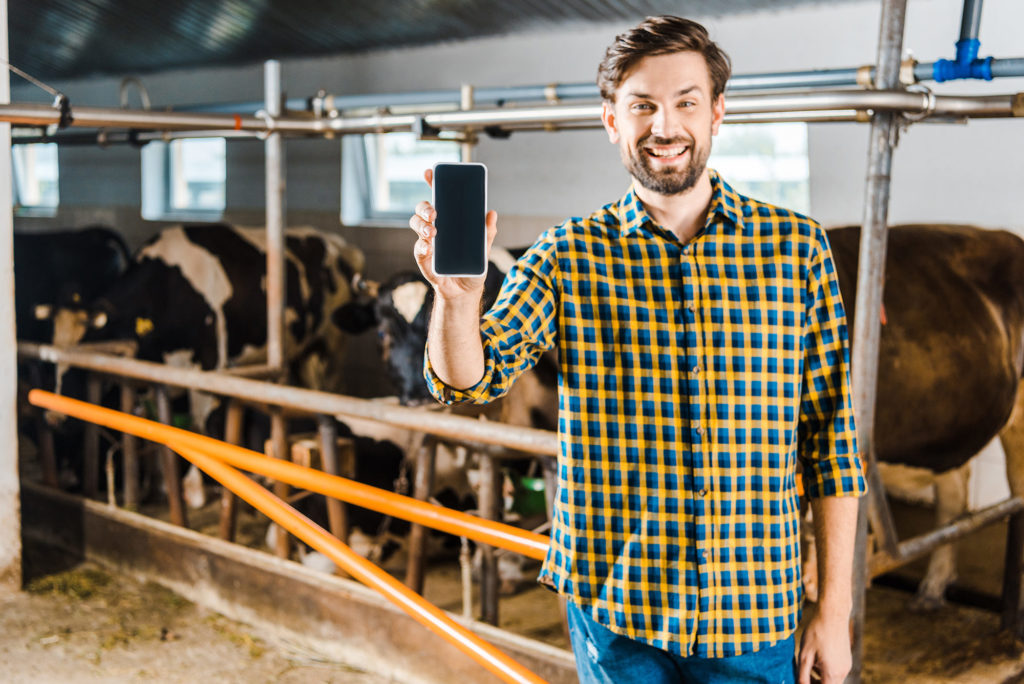This working group (WG) will engage with the conference subtheme ‘Innovation, Artificial Intelligence and Digitisation’ by inviting contributions on the diverse impacts of the role of new technologies and digitisation in shaping the future development of rural regions.
Objectives: The WG brings together new networks to facilitate potential future research collaborations (Objective 1). The convenors will develop a special issue based on contributions within the WG (target journals include Sociologia Ruralis and Land Use Policy). To facilitate this, we encourage contributions of high research quality and with sound data (Objective 2). Finally, the WG will propose a concrete future research agenda on the role of new technologies in reconfiguring rural spaces and a set of policy recommendations emerging from WG activities, thus contributing to conference subtheme 3, “Knowledge production, policymaking and research agendas” (Objective 3).
Topic: Technology is dramatically affecting numerous aspects of our everyday life and work. For rural industries, technologies such as big data, robotics, the internet of things, artificial intelligence, drone technologies, biotechnology, and automated vehicles are set to have potentially transformative impacts. Access to digital platforms can enable rural communities to prosper by connecting them to new networks, markets and services, although the infrastructure required to access these is not evenly provided across all rural places. Applications of technology are emerging that may help us address key rural issues, such as labour shortages, population drift, business profitability, tourism and environmental management, and aged care provision. In this WG, we will specifically address three technology-related domains, with a focus on their potential impacts and possibilities in rural settings, both positive and negative, and changing rural-urban relationships.
Format: The WG is formed of three related but distinct pillars (please indicate the pillar to which your contribution is most relevant in your submission). In Pillar 1: Rural digitisation, innovation and the new urban-rural digital divide, we invite contributions exploring opportunities and challenges for rural digitisation. What are the new forms of digital inclusion and exclusion in rural areas?; how does digitisation impact rural networks and social/political relations?; how are rural communities innovating with new technologies? In Pillar 2: The 4th industrial revolution and rural futures, drawing on the overarching themes of Pillar 1, we invite contributions which consider specific new technologies, for example autonomous vehicles and rural mobility; Internet of Things; Artificial Intelligence & robotics; and Big Data analytics. What is the relationship between urban and rural areas in the deployment of such technology? How will it impact issues of equity, agency and governance in rural societies? What are the barriers to such technology being deployed in rural areas? In Pillar 3: Smart Agriculture, the bioeconomy, and sociotechnical transitions we invite contributions exploring the relationship between new technology and technological change and rural economies such as agriculture, food production, tourism or forestry, considering single technologies (such as automated milking systems), larger technological systems (such as digitisation), and technological regimes (such as the bioeconomy or cellular agriculture).
The format will include traditional workshop sessions (90 minutes each, composed of 3-4 papers followed by Q&A sessions) with other formats including World Café sessions (approx. 4 meeting stations, focusing on/gathering insights on a number of questions); and an interactive session applying a participatory mapping exercise to produce a concrete set of policy recommendations and future research agenda on rural digitisation.
SESSION 1: Digitisation and agriculture
SESSION 2: Digital policies and rural life
SESSION 3: Developing smart rural futures
SESSION 4: Cancelled
SESSION 5: Biotechnology, food and society
Abstracts
Working Group Session 1 Wed 09:00 – 10:30
- Chrysanthi Charatsari – How many “likes” did you get? Participation motives and quality of knowledge shared in conventional and digital farmers’ networks
- Fiona Williams – The good digital farmer? The potential and pitfalls of information technology – a perspective from the hills
- Magnar Forbord – Digital maps in social processes to address land fragmentation in agriculture
- Leanne Townsend – Scenario development as a method for understanding outcomes of rural digitisation: the case of the Scottish Crofters
Working Group Session 2 Wed 11:00 – 12:30
- Patrik Cras – Digital policies and emerging forms of inclusion and exclusion – the Swedish case
- Moritz Gallei – The need for interdisciplinary research approaches in assessing and designing digitisation policy for European rural areas.
- Megan Palmer-Abbs – Butterflies & Chameleons: Digital connectivity, Innovation and Rural Businesses
- Gusztáv Nemes – Smart villages – smart solutions and social innovation in short food chains
Working Group Session 3 Thur 09:00 – 10:30
- Irma Arts – Rural recreation: digital technologies and our (dis)connection with the outdoors
- Lorna Philip – Active ageing in smart villages? Notes of caution from the field
- Toni Ryynänen – Developing Participatory Public e-services for Rural Peripheries
- Christina Rundel – Digital skills training by chance? The integration of ICT in schools
- Paul Cowie – Smart Rural Futures: Will rural areas be left behind in the 4th Industrial Revolution
Working Group Session 4 Thur 11:00 – 12:30
Working Group Session 5 Thur 14:00 – 15:30
- Jostein Brobakk – Understanding and addressing policy barriers for a bioeconomic transition in Norway
- Hilde Bjørkhaug – Using participation and imagination to foresee opportunities and challenges for the bioeconomy society – Four scenarios and how we got there
- Rob J.F. Burton – What now glass cow? Biosynthetic protein and the impact of the post-animal bioeconomy on European agriculture.
- Jonathan Menary – GROWING HEALTH: STAKEHOLDER ATTITUDES TOWARDS MOLECULAR FARMING WITH TOBACCO
- Maja Farstad – Socio-cultural premises enabling social acceptance of a bioeconomic transition. Norway as case

